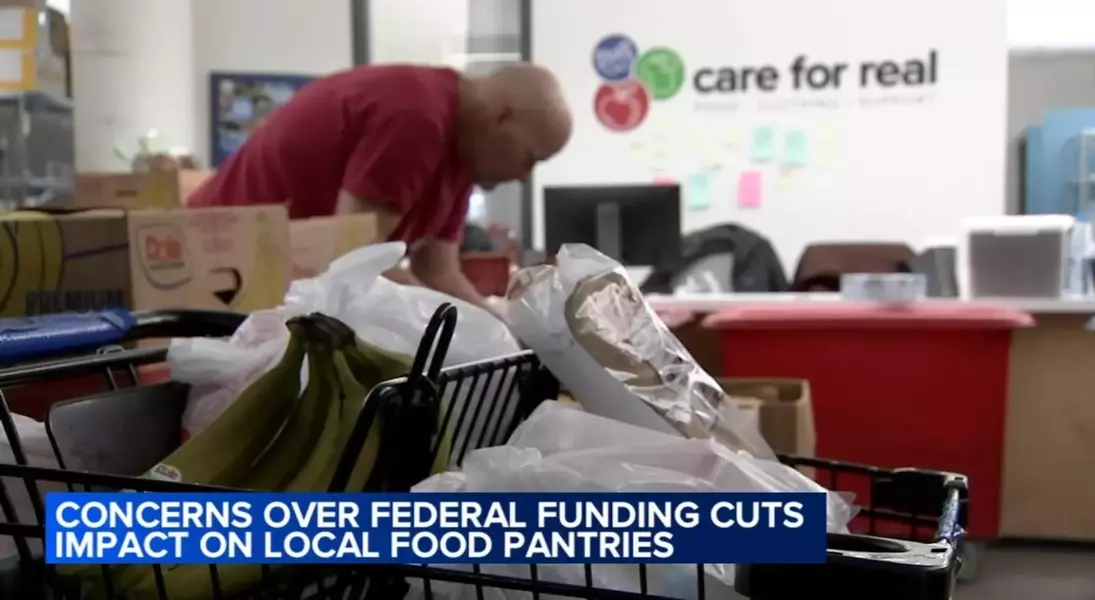
Local food banks in Chicago are facing unprecedented challenges as a result of recent federal policy changes. The impact of reduced funding for USDA programs is already being felt by both providers and recipients. At the Care for Real food pantry, located in the Edgewater neighborhood, volunteers and staff work tirelessly to support hundreds of families daily. Yet, concerns loom large about sustaining these efforts amid potential budget cuts at the national level.
The situation has become increasingly dire for many individuals who rely on such services. A 64-year-old woman shared her struggles after being forced into early retirement due to health issues. With limited monthly income from Social Security, she finds it difficult to cover basic necessities like groceries. SNAP benefits, while helpful, fall short of meeting her needs entirely. This scenario reflects a broader trend among vulnerable populations across the city, where reliance on community resources continues to grow despite dwindling federal support.
As uncertainty clouds the future of food assistance programs, local organizations are stepping up their efforts to bridge the gap. Gregory Gross of Care for Real expressed apprehension about an impending surge in demand coupled with shrinking resources. To combat this challenge, innovative solutions must be explored to ensure no one goes hungry. By fostering partnerships and leveraging community support, there remains hope that together, we can uphold the fundamental right to nourishment for all members of society.
